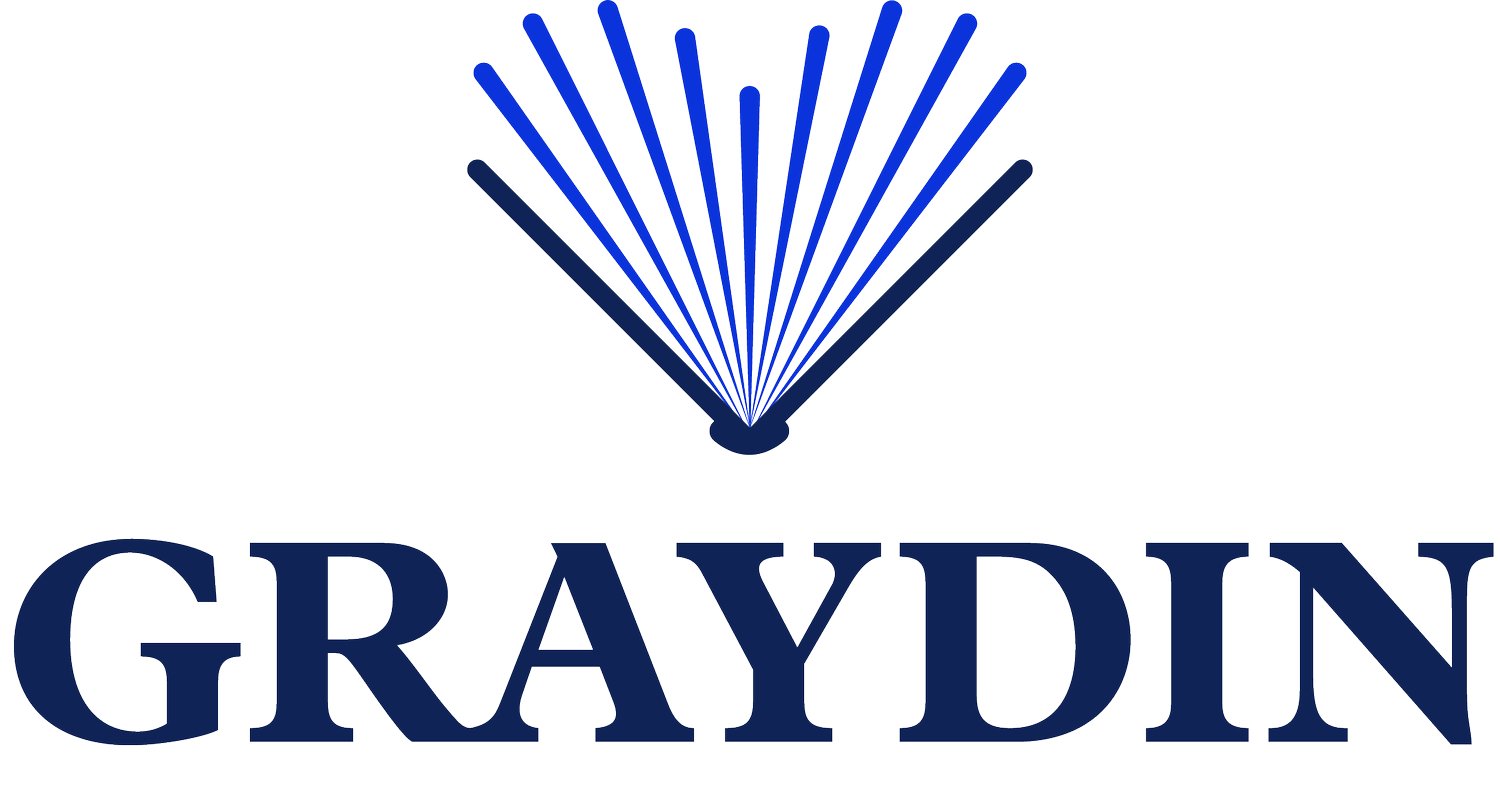Why Self-Coaching is the Secret to Student Wellbeing
“Students need to be able to help themselves more.”
We recently heard this from the Vice Principal of Teaching and Learning at a state school that we work with. We had asked her one Effective Question, “In a perfect world, what would coaching look like at your school?”
Only after asking this were we struck by how odd the term ‘a perfect world’ is to use right now, when for many of us, our worlds are far from perfect. And indeed, asking this question invariably led to a discussion of how imperfect things are at her school. She spoke about rising anxiety in staff and students, increased conflict within the forced social bubbles, lower academic results on practice exams.
But, “In a perfect world,” she said, “our schools would be already using coaching with our students.”
“Student confidence would be the biggest change if they had been coached. They could communicate more openly, with less judgement. They would feel less anxious or fraught. They would feel empowered. It would be calmer.”
They say an ounce of prevention is worth a pound of cure, and that feels truer now more than ever. Had we been able to foresee this academic year, what would we have done differently last year? What would our priorities be? How could we have made this world, while not perfect, better?
We loved that our friend’s answer included coaching, specifically, self-coaching. She felt that if students had been taught self-coaching then, they would be better be able to help themselves now.
We loved this answer because it felt very aligned with what we have recently discovered ourselves. In June, we launched a wellbeing series for students, built on the same belief that if students were taught self-coaching skills, they would be able to better help themselves. The self-coaching tools aren’t terribly new or complicated: the Fulfilment Wheel, Order of Importance, Partnership Agreements, Effective Questions, The Champion, The Gremlin, Values and Habits. If you’ve taken any of our Coaching Courses, you’ll recognise these concepts.
But they are proving effective. We’ve got some amazing feedback from a university in London that’s been running the series with one of their schools. Students have reported feeling more confident, more mindful, more open. They committed to changing their actions for the better—to reaching out to family and friends, thinking more about what their future could look like, to listening more and talking less. They are learning how to help themselves—how to build strong support networks, how to amplify their positive inner dialogues, how to build positive habits every day.
So we ask you, What is in your perfect world? We know that January may not be perfect, but we think that helping your students help themselves could make it more manageable for everyone.
Learn more about bringing our wellbeing series, the BE Remix, to your students. We’re looking forward to seeing the impact it will have on our friend’s school and would love to see it create positive change for your students as well.
